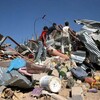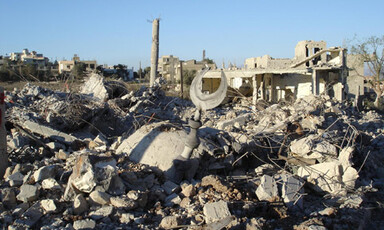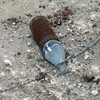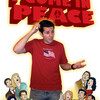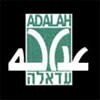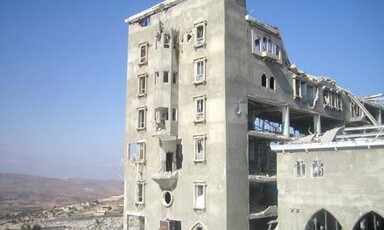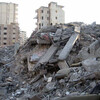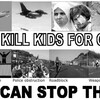
Rooftop protest against arms dealers
2 September 2006
23 August 2006 - Protesters are currently occupying the roof of an arms manufacturer who supply weapons to the Israeli army used in the bombing of Gaza and Lebanon. In the early hours of Wednesday morning (today) protesters climbed 40 feet onto the roof of EDO MBM on Home Farm Road, Brighton. Activists aim to draw attention to the production of weaponry used in war crimes. Sarah Johnson, press spokeswoman for Smash EDO, said “Over a thousand civilians have died as a result of Israel’s bombing of Lebanon. Israel continues to kill civilians in the West Bank and Gaza with weaponry armed with components made in Brighton.” Read more about Rooftop protest against arms dealers
